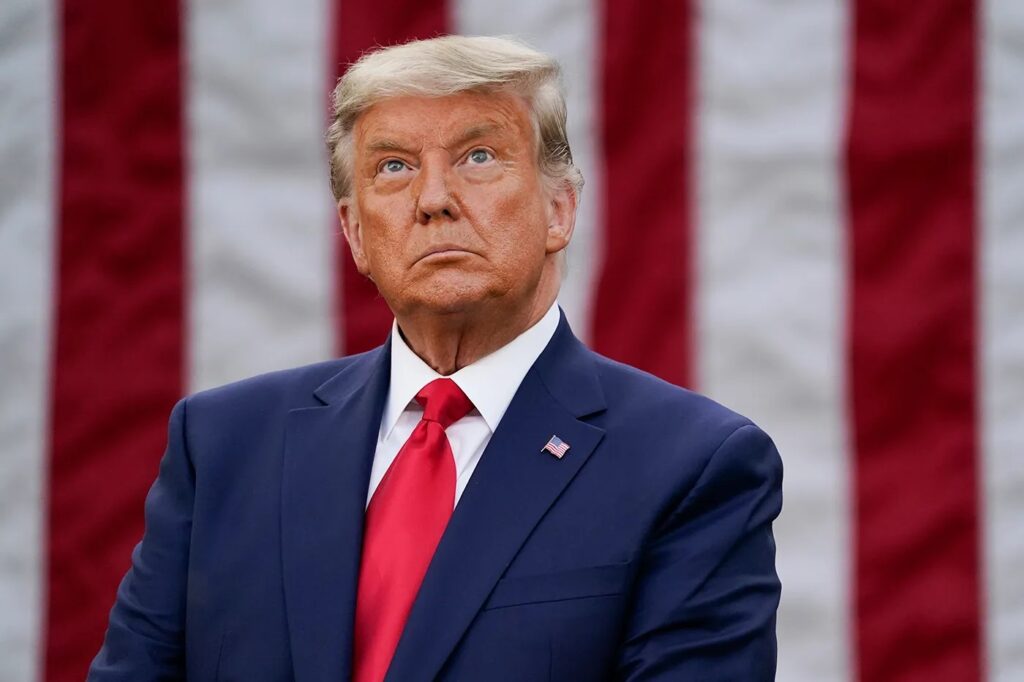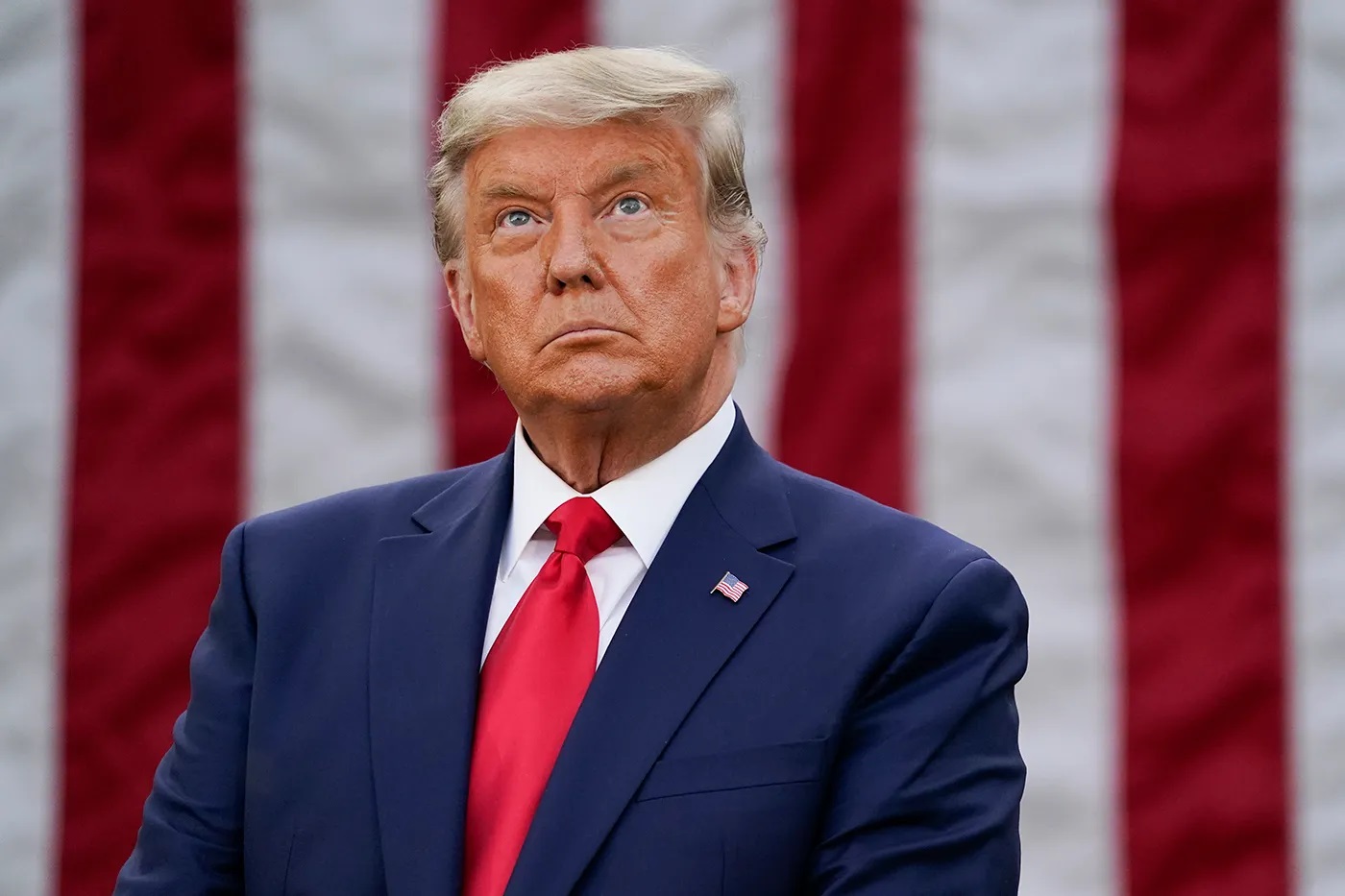
“Thou shalt have no other gods before Me.”—The First Commandment
In last week’s caucus, the good, decent, hardworking people of Iowa overwhelming supported Donald Trump. Evangelicals make up 55 percent of supporters.
Their conversion began when they leaned away from the holy Bible to the scriptures of Donald Trump. It began when they believed the lies the former president told them: that they had no power, were victims (as he continues to claim) of a corrupt and unjust system orchestrated by a vast complex in government. Facts, religious values, and beliefs have been supplanted by willful dishonesty.
It’s hard for me to wrap my head around Christians who fervently believe in the teachings of Jesus and just as fiercely believe that Donald Trump is the savior they need to guide them from victim-hood to the promised land from the highest office in the land. It’s hard for me to compare Jesus with Donald Trump. They don’t exist in the same universe of religion or reason.
In November, former Wyoming Rep. Liz Cheney discussed her book “Oath and Honor,” on MSNBC. Cheney described to host and former US Republican Representative Joe Scarborough “a scene in the GOP cloakroom before the January 6 attack where members were encouraged to sign their names on electoral vote objection sheets—pointing out the moment where Republican Congressman Mark Green said, ‘sheepishly to no one in particular, “The things we do for the Orange Jesus.”’
While a spokesperson for Green said that Cheney’s statement was “false,” Green has not come forward to deny his words.
Author and Christian Tim Alberta told CBS News journalist Robert Costa that the Cornerstone Evangelical Presbyterian Church in upstate New York was his life. “It was the sun around which we as a family revolved. It was our whole world.”
Alberta talks about his new book, “The Kingdom, the Power and the Glory,” about evangelicals and extremism.
“We should think about the American church almost parallel to American politics,” Alberta said. “When it gains enough influence when it gains enough power, the fringe can overtake the mainstream. And that’s what we’ve seen happen in the church.”
Costa spoke with Goodwill Church’s senior pastor, John Torres. He asked Torres, “What do people say about politics?”
“That it’s bad. That it’s dirty.”
“What do they say to you about politics?”
“Don’t get involved,” Torres replied. “I don’t want somebody who’s sitting there, listening to me preach; whatever their views are, I want them to stay put. I wanna talk to them about Jesus. I don’t want to talk to ’em about politics. ‘Cause I don’t really know what I can offer them in terms of politics.”
“What do you say to evangelical leaders who might hear your argument and say, ‘You missed the point: Trump wins for evangelical Christians, he wins for conservative America’?” Costa asked.
“Wins what? Supreme Court seats, a seat at the table at the White House?”
Alberta responded, “Show me where in scripture any of that matters. You have millions of evangelical Christians who voted for Donald Trump and just sort of gleefully embraced his terrible rhetoric and his un-Christlike conduct.
“Power,” Alberta emphasized to Costa. “Trump campaigned for president in 2016 promising that if he was elected, Christians would have power. He gave it to them. He gave it to them in ways that, arguably, no American president has in modern history. And when you have power, you can very quickly lose sight of your principles, your values, and your beliefs.”
Evangelical Trump supporters might want to revisit the Bible:
“Power belongeth unto God.”—Psalms 62:11
Comments











